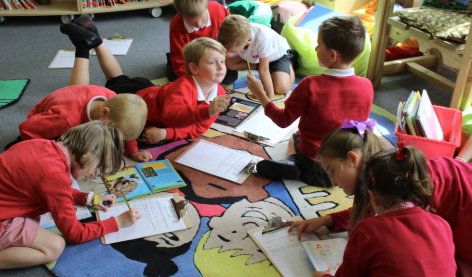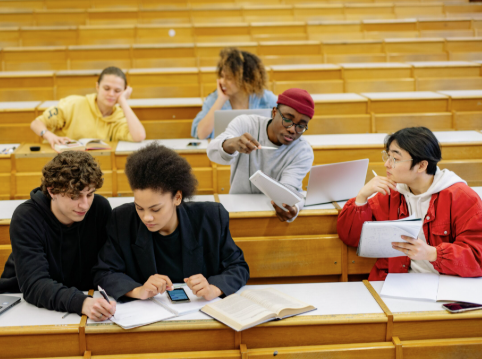Reading is a versatile activity that serves many purposes—from academic achievement to personal enjoyment. While reading for school is often structured and goal-oriented, reading for pleasure is typically self-directed and relaxed. Understanding the differences and benefits of each approach can help students develop a balanced reading habit that supports both academic success and a lifelong love of literature.
Reading for School: Purpose-Driven and Structured
Academic reading usually involves textbooks, research articles, or assigned literature. The goal is to analyze, evaluate, and retain information. Students often read with the intent to complete assignments, prepare for tests, or participate in discussions. This type of reading requires concentration, note-taking, and sometimes rereading to grasp complex ideas.
Benefits of Reading for School:
- Builds critical thinking and comprehension skills
- Encourages exposure to diverse subjects and perspectives
- Prepares students for academic and professional communication
- Develops discipline and time management
Challenges:
- Can feel pressured or stressful
- May limit interest if materials are not personally engaging
- Often time-constrained, reducing opportunities for deep reflection
Reading for Pleasure: Relaxed and Personal
Reading for pleasure is voluntary and based on individual interests. It includes fiction, non-fiction, magazines, comics, or any material chosen for enjoyment. There is no test or assignment at the end—just the joy of reading.
Benefits of Reading for Pleasure:
- Improves vocabulary and reading fluency
- Enhances empathy, imagination, and creativity
- Reduces stress and supports mental well-being
- Strengthens motivation and lifelong literacy habits
Challenges:
- May be deprioritized due to academic demands
- Lack of time or access to preferred reading materials
Finding a Balance
Both types of reading offer unique advantages, and they do not have to be in conflict. Here are a few tips to balance both:
- Dedicate time each week for personal reading
- Choose school-related topics that also align with personal interests when possible
- Use pleasure reading as a way to unwind after academic tasks
- Explore a variety of genres to keep reading experiences fresh and enjoyable
Conclusion
Whether reading for school or for pleasure, both forms contribute to intellectual growth and personal enrichment. By recognizing their distinct purposes and benefits, students can develop a reading routine that supports academic excellence while nurturing a genuine love for books. Creating space for both types of reading fosters well-rounded, engaged, and lifelong readers.














